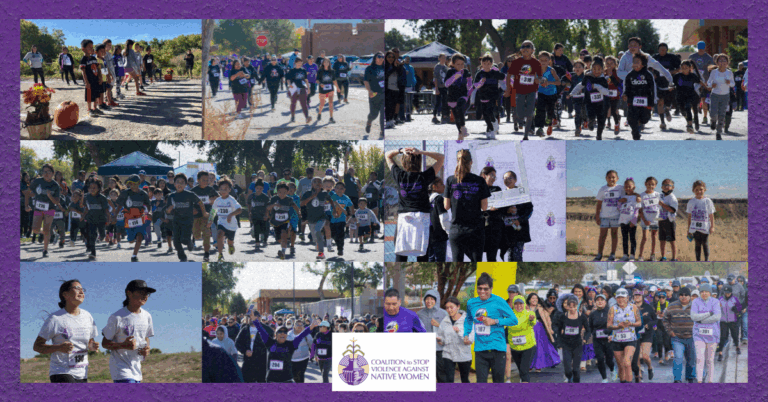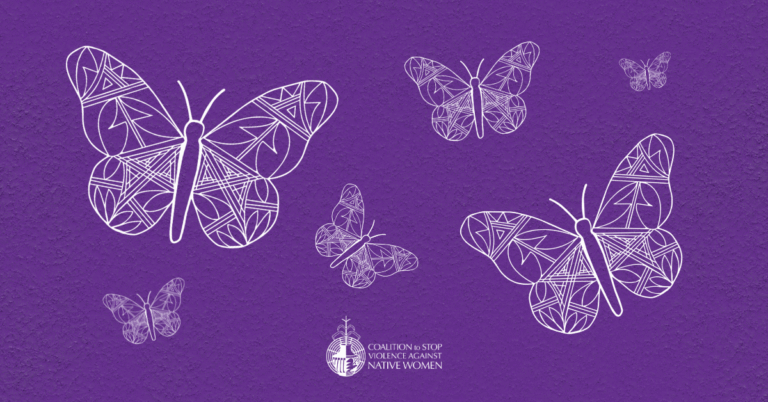[vc_row][vc_column][vc_column_text]
By Naomi Jiron
 The topic of suicide is challenging, especially for young people experiencing suicidal ideation. There are a variety of reasons for this.
The topic of suicide is challenging, especially for young people experiencing suicidal ideation. There are a variety of reasons for this.
First, there’s the stigma surrounding suicide, suicidal ideation, and self-harm.
Let’s break that down a bit more by looking at the definitions for each term. Suicide refers to the act of taking one’s own life voluntarily and intentionally. Suicidal ideation is thinking about suicide, especially in the context of considering suicide or creating a suicide plan. Self-harm is intentionally harming oneself through various methods, most commonly through self-mutilation or other physical harm.
Stigma, or a mark of disgrace associated with a particular circumstance, can make various topics such as suicide difficult to discuss because of the feelings of discomfort or shame that people often feel when the topic arises.
Stigma around suicide exists today for a variety of reasons, many of which are social/cultural. Reducing stigma related to suicide is important because stigma is one of the multitudes of reasons that prevent people from reaching out for support from loved ones and formal supports (i.e. therapy, social workers, and doctors). We can reduce stigma around suicide by talking about suicide, educating ourselves about suicide and why it occurs, and treating people experiencing suicidal ideation with empathy and respect. Speakingofsuicide.com is a great resource for people interested in learning more about how to treat people experiencing suicidal thoughts.
Now let’s consider the experiences of young adults, who can range anywhere from their early teens to mid-twenties. Young adulthood is a time period of changes and transitions. So many changes can be stressful and overwhelming, which is indicated in statistics related to youth suicide. According to the CDC, as of 2017, suicide is the third leading cause of death for youth between 10-24 years-old.
Can suicide be prevented? In many cases, yes. People considering suicide are not necessarily wanting to die. Their own personal accounts often indicate that they are seeking a permanent escape from chronic pain, either emotional, physical, or a combination of the two.
So, what can be done to help people, especially young people, experiencing severe depression and suicidal ideation? First, consider the warning signs.
Does the person have a history of depression? With many young people, depression can manifest in a variety of ways, such as self-harm, isolating, low or agitated mood, over or under-eating, expressing thoughts of being a burden to themselves/others or expressing hopelessness. As a loved one, something that can be helpful for a young person considering suicide is to ask them how they are doing, and doing so in a non-confrontational way Asking someone directly if they have been thinking about suicide or hurting themselves is also important, so that they can know that you are a safe person to talk to.
As for young people experiencing depression and suicidal ideation; you are not alone. Try talking to someone safe that you trust about your struggles and feelings, especially a trusted adult. If you do not have someone to talk to or you don’t feel comfortable speaking to someone you know about your issues, please consider calling a crisis line or using a crisis chat service. You matter. Below are several crisis/chat resources that you can contact:
Agora Crisis Center
A Crisis and chat line for people in crisis or for people seeking general support from a peer specialist. They can be reached at 505-277-3013, 855-505-4505 or http://www.agoracares.org/chat-service.html.
National Suicide Prevention Lifeline
A resource for those in crisis, their website is https://suicidepreventionlifeline.org/and their crisis line is 1-800-273-8255.
The Trevor Project
A crisis hotline for LGBTQ youth, they can be reached at 1-866-488-7386. Their website is https://www.thetrevorproject.org/.
Crisis Text Line
A crisis line that you can text. Text HOME to 741741 for crisis support.
Trans Lifeline
A crisis line for transgender people to contact when they are in crisis. Every person that answers is a part of the transgender community. They can be reached at 877-565-8860.
All of the above resources are available 24/7. If your suicidal thoughts or the suicidal thoughts of a loved one are persistent, please advocate for professional support from a therapist, social worker, psychiatrist, or a trusted community member. It’s important to take care of yourself and your health, and addressing mental health concerns is one of the ways in which you can practice self-care.
 Naomi Jiron is a Life Skills Coach with New Day Youth and Family Services in Albuquerque, NM. They mentor young people experiencing homelessness and other challenges. They use they/them and she/her pronouns and have a professional background in mental health and social work.[/vc_column_text][/vc_column][/vc_row]
Naomi Jiron is a Life Skills Coach with New Day Youth and Family Services in Albuquerque, NM. They mentor young people experiencing homelessness and other challenges. They use they/them and she/her pronouns and have a professional background in mental health and social work.[/vc_column_text][/vc_column][/vc_row]
Related Posts

10 Years of Healing in Motion
The Story of CSVANW’s I Will Run for Them 5K Every October, during Domestic Violence…

CSVANW’s 13th Annual Native Youth Summit
The Coalition to Stop Violence Against Native Women held their 13th Annual Native Youth Summit (NYS)…

From Roots to Wings
From Roots to Wings. Why the Southwest Butterflies Retreat Matters More Than Ever CSVANW Voice…
